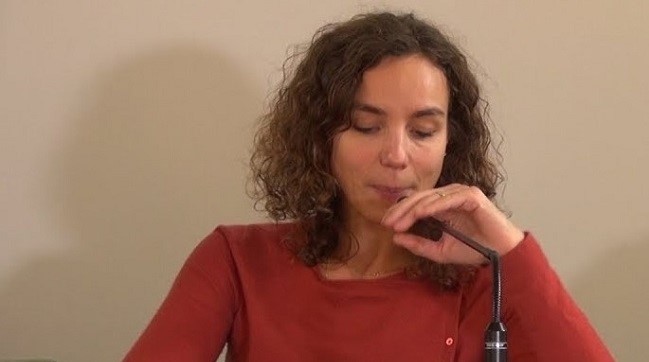The theme for the 2021 Biodiversity Day is “We are part of the solution”. Observed on Saturday, May 22, it builds on the momentum generated last year by the theme “Our solutions are in nature”, which reminded us how biodiversity is the answer to many of the challenges of sustainable development.

The trend of species decreasing numbers, declining populations, and degrading ecosystems continues in 2021. One million animal and plant species are threatened with extinction. The health of the ecosystems on which we and all other species depend is now deteriorating at an unprecedented rate. This is affecting livelihoods, food security, health, and quality of life, particularly in Africa, and is creating economic and financial risks.
Despite their increase, the actions implemented for the conservation and more sustainable management of natural resources remain insufficient to stop the direct and indirect causes of the degradation of nature. It is now urgent to reverse the decline of biodiversity and preserve ecosystems if we are to achieve the Sustainable Development Goals by 2050.
BIODEV2030 is an initiative financed by the French Development Agency (AFD), coordinated by Expertise France and implemented in 16 pilot countries with multiple socio-economic, environmental and geographical backgrounds.
The International Union for the Conservation of Nature (IUCN) and the World Wide Fund for Nature (WWF) are each responsible for implementation in 8 countries. The project supports countries in adopting and sustaining sectoral commitments to halt the decline of biodiversity and its consequences over the next decade.
Mrs. Pauline Teillac-Deschamps, BIODEV2030 Coordinator, said: “The whole approach aims to promote the integration of biodiversity into development strategies, thus the “mainstreaming” of biodiversity. It is also about making the link with other major issues such as climate or the sustainable development goals. Let’s not forget that the achievement of 14 of the 17 SDGs depends directly on the protection of biodiversity!”
In Central and West Africa, BIODEV2030 was launched by IUCN in Burkina Faso and Senegal in 2020, just before the Covid 19 crisis.
Mrs. Florence Curet, Senior Project Officer – Engagement of non-State actors, Economic Knowledge Unit at IUCN, stated: “Activities were slowed down a bit in the first half of 2020 by this pandemic, but the process of dialogue between actors is now well underway in these two countries. Their experience is therefore particularly rich in lessons for other countries, particularly Benin and Guinea, which have just launched the project.
“As a reminder, IUCN’s mission is to influence, encourage and assist societies throughout the world to conserve the integrity and diversity of nature and to ensure that any use of natural resources is equitable and ecologically sustainable.”
In this context, Mr. Aliou Faye, Regional Director of IUCN for Central and West Africa maintains that he “will ensure the smooth running of BIODEV2030 in the region, with a view to contributing to the establishment of a society that uses natural resources sustainably, while sharing their benefits equitably.”
